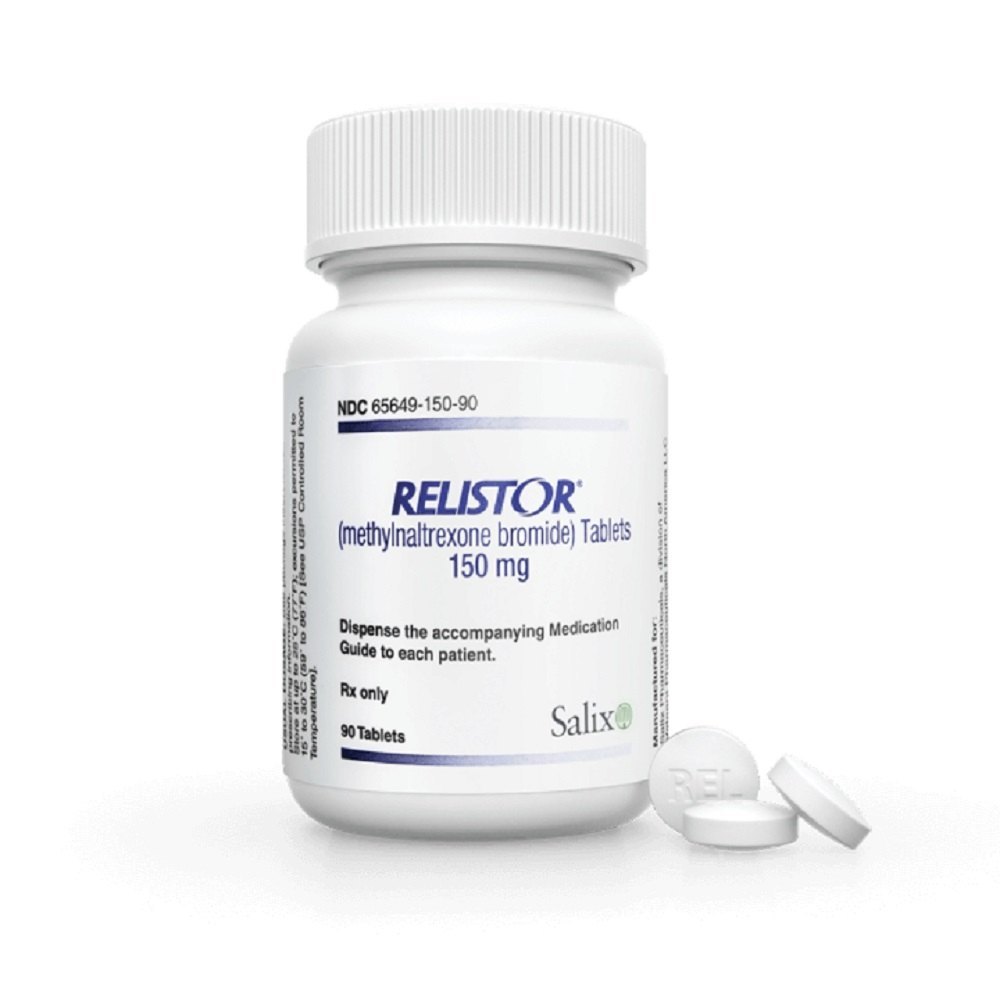The Benefits of Relistor: Managing Opioid-Induced Constipation
When managing pain with opioid medications, one common but often overlooked side effect is opioid-induced constipation (OIC). In this comprehensive guide, we’ll delve into the world of Relistor, a medication designed to address this uncomfortable and distressing condition. Discover how Relistor works and how it can make a significant difference in your quality of life.

Opioid-Induced Constipation (OIC)
Unveiling Opioid-Induced Constipation: A Common Medication Side Effect
While opioids can provide essential relief from pain, they often come with an unwelcome companion: opioid-induced constipation (OIC). In this section, we’ll shed light on OIC, explaining what it is, why it happens, and why it’s crucial to recognize its symptoms. Understanding OIC is the first step toward finding relief with medications like Relistor.
How Does Relistor Work?
The Mechanism Behind Relistor: Restoring Normal Bowel Function
Relistor is a beacon of hope for individuals struggling with OIC. But how does it work? This section dives into the science behind Relistor’s mechanism of action, detailing how it acts on the body to restore regular bowel function. Gain insights into the workings of this medication and why it’s a game-changer for OIC management.
Who Benefits from Relistor?
Relistor’s Target Audience: Identifying Those Who Can Benefit
Not everyone with opioid-induced constipation requires Relistor, so who are the ideal candidates? In this section, we’ll explore the target audience for Relistor, helping you determine if it’s the right choice for your OIC management. Understanding if Relistor suits your needs is a crucial step toward finding relief.
Dosage and Administration
Finding the Right Dose: Guidelines for Administering Relistor
Precision is key when it comes to using Relistor effectively. This part of our guide will provide clear guidelines on dosage and administration, ensuring that you use this medication safely and optimally. Discover how to tailor Relistor to your specific needs for maximum effectiveness.
Effectiveness and Results
Real-Life Stories: Patients Share Their Experiences with Relistor
The best way to understand the impact of Relistor is through real-life stories. In this section, we’ll feature personal experiences from patients who have used Relistor to manage their OIC. These stories shed light on the tangible results and benefits of this medication in real-world scenarios.
Safety and Side Effects
Is Relistor Safe? Understanding Potential Side Effects
Safety is a top concern when using any medication. In this section, we’ll provide a comprehensive overview of the safety profile of Relistor, including potential side effects. Knowledge is power, and understanding the safety considerations can help you make informed decisions about your OIC management.
Alternatives and Complementary Treatments
Exploring Alternatives: Comparing Relistor to Other OIC Medications
Relistor isn’t the only option for managing OIC. In this part of our guide, we’ll explore alternative medications and treatments available for OIC. By comparing Relistor to other options, you can make an educated choice that aligns with your preferences and needs.
Patient Education and Support
Empowering Patients: Educational Resources for Those on Relistor
Empowerment through knowledge is crucial for individuals using Relistor. In this section, we’ll provide educational resources and support options for patients, helping them navigate their OIC management journey with confidence. Being well-informed is the key to effective treatment.
FAQs About Relistor
1. What is Relistor, and what is its primary purpose?
Relistor is a medication primarily used to manage opioid-induced constipation (OIC). It helps relieve constipation caused by opioid pain medications.
2. How does Relistor work to alleviate OIC?
Resistors work by binding to certain receptors in the gastrointestinal tract, blocking the constipating effects of opioids. This helps restore normal bowel function.
3. Who is a suitable candidate for Relistor treatment?
Relistor is typically recommended for individuals who are experiencing OIC as a side effect of opioid pain medications. It may be prescribed by a healthcare provider.
4. What are the common side effects of Relistor?
Common side effects of Relistor may include abdominal pain, diarrhea, and nausea. It’s important to discuss any side effects with your healthcare provider.
5. How should Relistor be administered?
Relistor is available in injectable and oral forms. The administration method depends on your healthcare provider’s recommendation and the specific product prescribed.
6. Is Relistor safe to use, and are there any precautions to consider?
The resistor is generally safe when used as directed. However, it’s essential to inform your healthcare provider about your medical history and any other medications you are taking.
7. Are there alternative treatments for OIC besides Relistor?
Yes, there are alternative medications and treatments for OIC. Your healthcare provider can discuss these options and determine the most suitable treatment for you.
8. Can Relistor be used in combination with other medications?
Relistor may be used in combination with other medications, but it’s crucial to inform your healthcare provider about all the medications you are taking to avoid potential interactions.
9. What steps can I take to manage OIC effectively, in addition to using Relistor?
Along with Relistor, maintaining a balanced diet, staying hydrated, and engaging in physical activity can help manage OIC. Always follow your healthcare provider’s guidance.
10. Where can I find more information and support for Relistor and OIC?
You can seek more information and support from healthcare professionals, patient advocacy organizations, and reputable medical websites. Your healthcare provider is the best source for personalized guidance.
Conclusion:
As we near the conclusion of our comprehensive guide, it’s essential to reflect on the role Relistor plays in opioid-induced constipation management. This section will summarize key insights, discuss the impact of Relistor on patients’ lives, and offer a glimpse into the future of OIC treatment.




